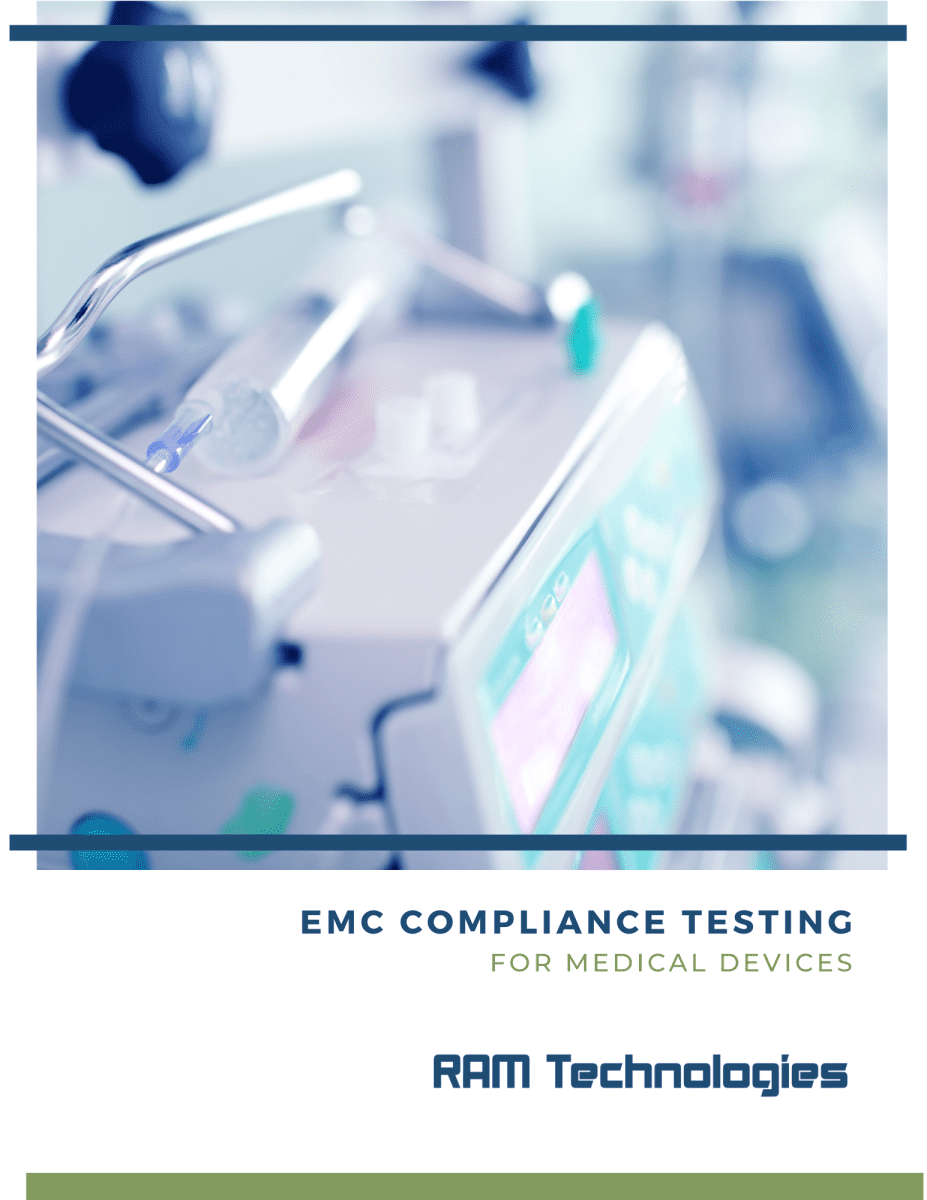Bringing a medical device to market requires many complex and multifaceted steps. One of the most critical aspects of the process is ensuring that your device meets all necessary EMC compliance testing standards.
Electromagnetic compatibility (EMC) compliance is essential for several reasons:
- Safety: It helps prevent your device from emitting harmful electromagnetic interference (EMI) that could potentially disrupt other medical equipment or cause harm to patients.
- Functionality: EMC testing ensures that your device can operate reliably in the presence of various electromagnetic fields, preventing malfunctions or data corruption.
- Regulatory Compliance: Adherence to EMC standards is a prerequisite for obtaining regulatory approvals from agencies like the FDA (Food and Drug Administration) and CE (Conformité Européenne).
By carefully navigating the EMC landscape and adhering to these standards, you can significantly increase your chances of successfully bringing your medical device to market while ensuring its safety and reliability.
We’ve compiled some of the most pertinent EMC compliance testing information into one PDF guide, which you can download below. You can also check out the following blog posts for more details:
- EMC Compliance Testing for Medical Devices
- EMC Compliance and EN 55011
- EMC Compliance and EN 61000-3-2: Harmonics
- EMC Compliance and EN61000-3-3: Flicker
- EMC compliance and EN 61000-4-2: ESD Level 3
- EMC Compliance and EN 61000-4-3: RF Susceptibility
- EMC compliance and EN 61000-4-4: EFT Level 3
- EMC compliance and EN 61000-4-5: Surge
- EMC Compliance and EN 61000-4-6: RF Conducted Immunity
- EMC Compliance and EN 61000-4-11: Voltage Dips, Short Interruptions
- EMC Compliance and EN 61000-4-39: Magnetic Fields

Download the EMC Summary
The road to putting your medical device on the market includes many steps, including passing all necessary electromagnetic compatibility (EMC) testing. These tests play an essential role in ensuring your device doesn’t emit a significant amount of electromagnetic interference, which could be via conducted or radiated emissions. Download our guide to EMC compliance to learn more about what medical device manufacturers should consider.